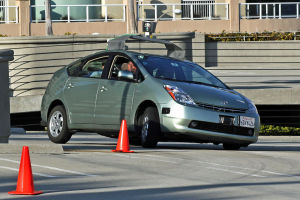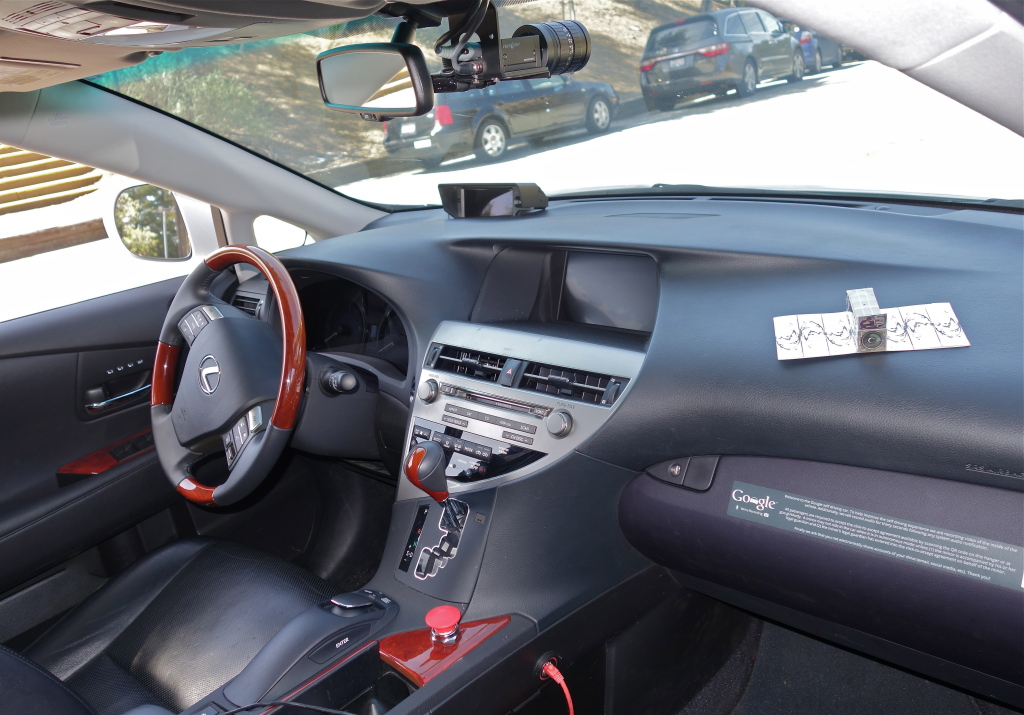The Future Of Autopilot Cars
 For the past 50 years, hundreds of thousands of people all over the globe have trusted the capabilities of autopilots every time they boarded a plane. It has become common practice for nearly every commercial plane to contain an autopilot program. Recently this technology has been implanted into cars and has received very mixed responses.
For the past 50 years, hundreds of thousands of people all over the globe have trusted the capabilities of autopilots every time they boarded a plane. It has become common practice for nearly every commercial plane to contain an autopilot program. Recently this technology has been implanted into cars and has received very mixed responses.
Google have had autopilot cars for a couple of years now and have trialled them on the Google Campus with great success. As time goes on there are going to be even more cars on the road at almost a proportional rate. As the number of cars increase, so does the risk associated with that many vehicles being in movement. In the UK in 2012 there were 1,754 individuals tragically killed on the roads, 23,039 individuals seriously injured and 170, 930 individuals received minor injuries. These numbers are predicted to rise every year because there are accidents, reckless drivers, drunk and compromised drivers, that have the potential to cause constant tragedy to themselves and others. The introduction of autopilot cars has the potential to drastically reduce these figures and prevent future tragedies.
The technology used in autopilot cars is very reliable and incredibly fast. The capabilities of modern computer processors outdo the reaction times of a person several times over. By using an autopilot car, we have the ability to reduce the associated risks especially if a driver is tired and/or compromised in some way. From a driver’s perspective having an autopilot car also reduces the physical and mental drain of long driving, benefiting both consumer and commercial transport.
The software programming that has been developed to aid an autopilot car is very impressive. The cars are able to recognise pedestrians, cyclists, other cars and react accordingly in a very diverse range of circumstances. We are moving in the direction where automatic safety protocols are actually safer than some drivers and can save lives. Technology is now caught in an ever increasing maelstrom of development and improvement. Computers and sensors are able to work at millisecond rates and can make our roads a safer place.
There are many arguments against the use of autopilot cars which have to be taken into consideration. There are worries that in the early days of development that the autopilot car will not be able to stand up to the rigorous testing they will have on the roads. If someone was to be injured or killed as a result of an autopilot car then who is to blame? Can a car company be held accountable? Can the “driver” be held accountable? Who legally would be responsible for these incidents? There are also a lot of people who are wary of giving control to a machine due to the lack of personal control.
There are many other issues that have to be contested and discussed. Already there are different rules for American autopilot cars which do not require a steering wheel, as opposed to European autopilot cars which require a steering wheel by law to be installed. There is a future for autopilot cars and they have to potential to radically change the roads we know. The safety of autopilot cars and the roads should be embraced and developed so that everyone can benefit.



